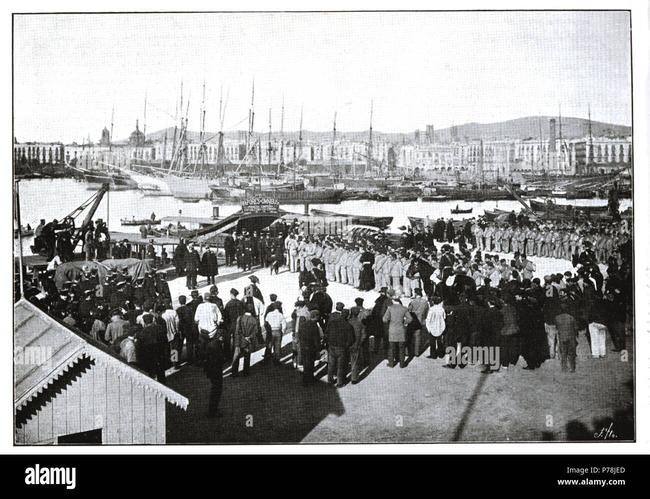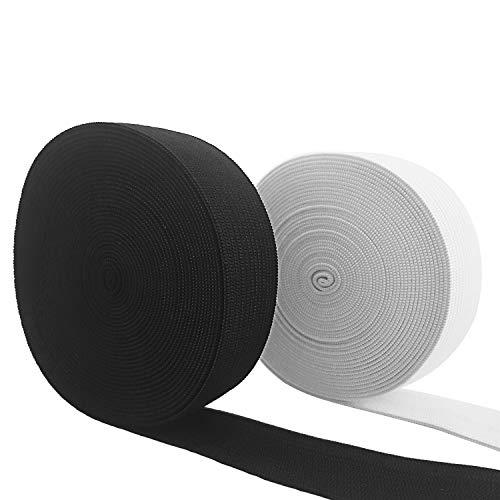Cuba, Barcelona, 1864
As happens to the black novel, the historical novel, that genre almost always fashionable, ends many times in the cinema.Large productions were built on minimal scripts, not rarely changed by capricious producers with their own, and even many films based on absolutely lower novels were filmed (it is said that bad novels give better movies than good, perhaps because the spectator, inmany occasions, do not even know the starting text).
Today lavish productions of historical novels of success are made.Also with very good novels.Television has opened the possibilities, the series recreate any era with great precision (although sometimes errors emerge) and with magnificent digital effects.Take a historical novel to the cinema, a period story, used to involve enormous effort, the construction of large decorations, the movement of huge amounts of actors, extras, assistants, collaborators.A whole world.Seeing those films today, many authentic jewels, makes you think about how the industry has changed.Not that contemporary productions have less value.But it's something else.
Fortunately, novelists have it easier.Great budgets are not needed, only much imagination.And, as the authors usually say, a lot of documentation.Without it it is almost impossible to write a quality historical novel.And the documentation depends, of course, on the time we are willing to recreate.Easier to obtain the more recent the argument is: that is usually the usual.

But even in the stories of antiquity there are authors who love detail, of the most absolute likelihood.What to say about the Rome of Santiago Posteguillo, whom we see in Movistar now, in that excellent combination of fiction and documentary, something peculiar, yes, which is ‘the heart of the empire’?It is only an example among many others.The genre continues to work, it never lacks adherents.Because history is a great passion for many.
There are historical periods, scenarios, less treated in literature.And others that have been used by fiction on countless occasions: Rome itself, or Egypt, or, of course, World War II.Apparently, inexhaustible source of ideas for the authors of historical novel.On the so -called '98' disaster, it was much written, it is one of the great themes for a whole generation, but not so much about the life of Spanish landowners and rentiers in Cuba, or about the new rich who lived the expansion of Barcelona in Barcelona inThe second half of the nineteenth century.Although, without a doubt, there are stories about the Spanish ‘mills’ in Cuba, sugar farms, and about slave trafficking, however, there are not as many as perhaps expect.
That world in transformation, which was also directed towards an abrupt end of Spanish colonialism, is drawn with great deployment in 'The Valley of the Archangels' (Espasa), the second novel Rio de Rafael Tarradas Bultó (the first was 'The heir').Havana and Matanzas, also the Emerging Modern Barcelona, make their way to the reader in great detail, but in reality this is a novel of huge characters, some infamous, other dangerous, some selfless, a novel about the change of paradigm, thearrival of the new rich and the replacement of the old aristocracy.Together yes, in which excessive time emerges, such as the time of the empires, looking somewhat the total Dickensian story, a story of the latest ambitions and the still fierce days of slavery.







![47 best antiage nutritive cream in 2022 [based on 326 reviews] 47 best antiage nutritive cream in 2022 [based on 326 reviews]](https://website-google-hk.oss-cn-hongkong.aliyuncs.com/drawing/article_results_6/2022/2/27/1918fc37c66ad30564173e69d9df88a0.jpeg)
